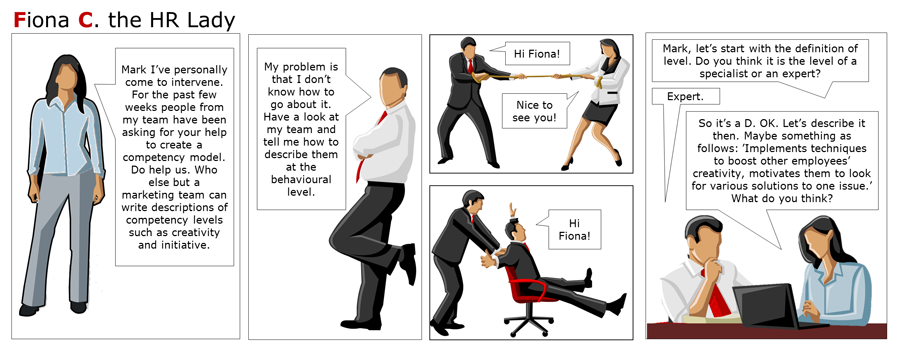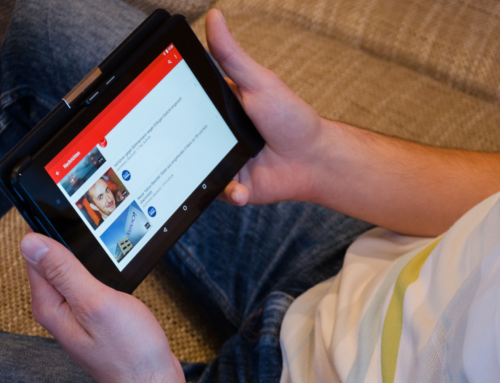
There are a great number of definitions of what competencies are, yet it is debatable which is the most accurate one. Notwithstanding, a competency often implies knowledge, skills and attitude, which means that a competent employee knows what to do, can do it, and, first and foremost, does it.
A competency model is a collection of the most important – albeit from the point of view of a given organization – competencies. It describes what people need to know and be able to do in order to execute on their responsibilities effectively in the long run.
Competencies in the model are grouped and assigned to particular positions accordingly. The competencies which are defined and assigned to a position indicate what behaviour an employee is supposed to demonstrate in order to achieve the best performance results in a given position.
Competency models are widely used in business for defining and assessing competencies within organizations in both hard and soft skills.
Managing Human Resources Following The Model
Usually, a competency model is a basic tool on the basis of which all HR management processes in an organization are built. It is applied in such areas as:
- Recruitment and selection
- Employee appraisal
- Planning professional development of employees (including training policies)
- Standardization of job descriptions
- Job evaluation support
- Career paths
- Succession planning
- Supporting decisions about job promotion and displacement
- Creating the best organizational structure
- Talent/High potential management programs

Among the main upsides to a competency model are: coherence and easiness to create HR tools, possibility to compare employees from different areas of the organization, HR management language unification across the company, comprehensible connection of competencies with the level of task realization, competency level indicators – matching different job positions.
A competency model is one of the most effective solutions which supports strategic management of human resources. If the strategy is the “what” for the organization, the competency model describes “how” employees should execute in order to deliver on the strategy.
Glossary:
- accurate – trafny, precyzyjny, celny
- notwithstanding – pomimo, jednakże
- foremost – przede wszystkim
- albeit – aczkolwiek
- assign – przypisać
- job descriptions – opisy stanowisk pracy
- job evaluation – wartościowanie stanowisk pracy
- displacement – przesunięcie
- coherence – spójność
- comprehensible – zrozumiały
Idiom of the month:
in the long run
meaning:
- after a longer period of time
in Polish:
- na dłuższą metę
examples:
- I predict the position of our company will strengthen in the long run.
Exercise:













